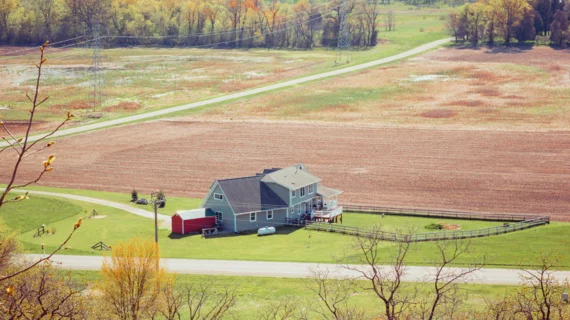HHS awards $75M for addiction and maternal health services in rural areas
The Health Resources and Services Administration (HRSA) is investing $75 million for rural health initiatives aimed at curbing substance abuse and improving the financial state of struggling hospitals.
A statement from the HRSA, a department of the U.S. Department of Health and Human Services (HHS), said the funds will be used to expand care access and community health in rural areas, particularly for specific services such as behavioral and maternal health, which are severely underfunded.
The largest portion of the money, nearly $54 million, will be sent to 18 organizations seeking to improve patient care in underserved areas by hiring more workers who specialize in mental health and substance abuse. The money will be used to help support social services as they work to leverage resources to improve outcomes for Americans, the HRSA said.
“Many rural communities face challenges accessing essential health care services. Smaller populations, longer travel distances, and other barriers can make health care services difficult for rural residents to access and hard for facilities like rural hospitals to remain viable,” the HRSA added in a statement.
Another $12 million of the funds will be spent on rural hospital upgrades to improve their “financial sustainability” and encourage them to expand services and keep keep their doors open. To that end, $9 million is being reserved specifically for maternal health. Five organizations will receive the money over the next four years to help regions of the South to better coordinate care before, during and after a pregnancy.
“At the Health Resources and Services Administration, we know that where you live should not determine your access to or the quality of the care that you receive,” HRSA Administrator Carole Johnson said in the statement. “And, we are taking action to deliver for rural families by supporting high-quality substance use disorder treatment and maternal health services in rural communities, and by helping rural hospitals continue to serve their communities.”
There are 61 million Americans living in rural communities who will potentially benefit from the initiative, the HRSA said. The South has been ravaged particularly hard by economic challenges, and patients in the South struggle with high rates of addiction. Many regions do not have a nearby hospital or behavioral health clinic at all, and many other community hospitals have shut down specialty care services, such as maternity wards.
A full list of the organizations receiving the award from the HRSA can be found here.

